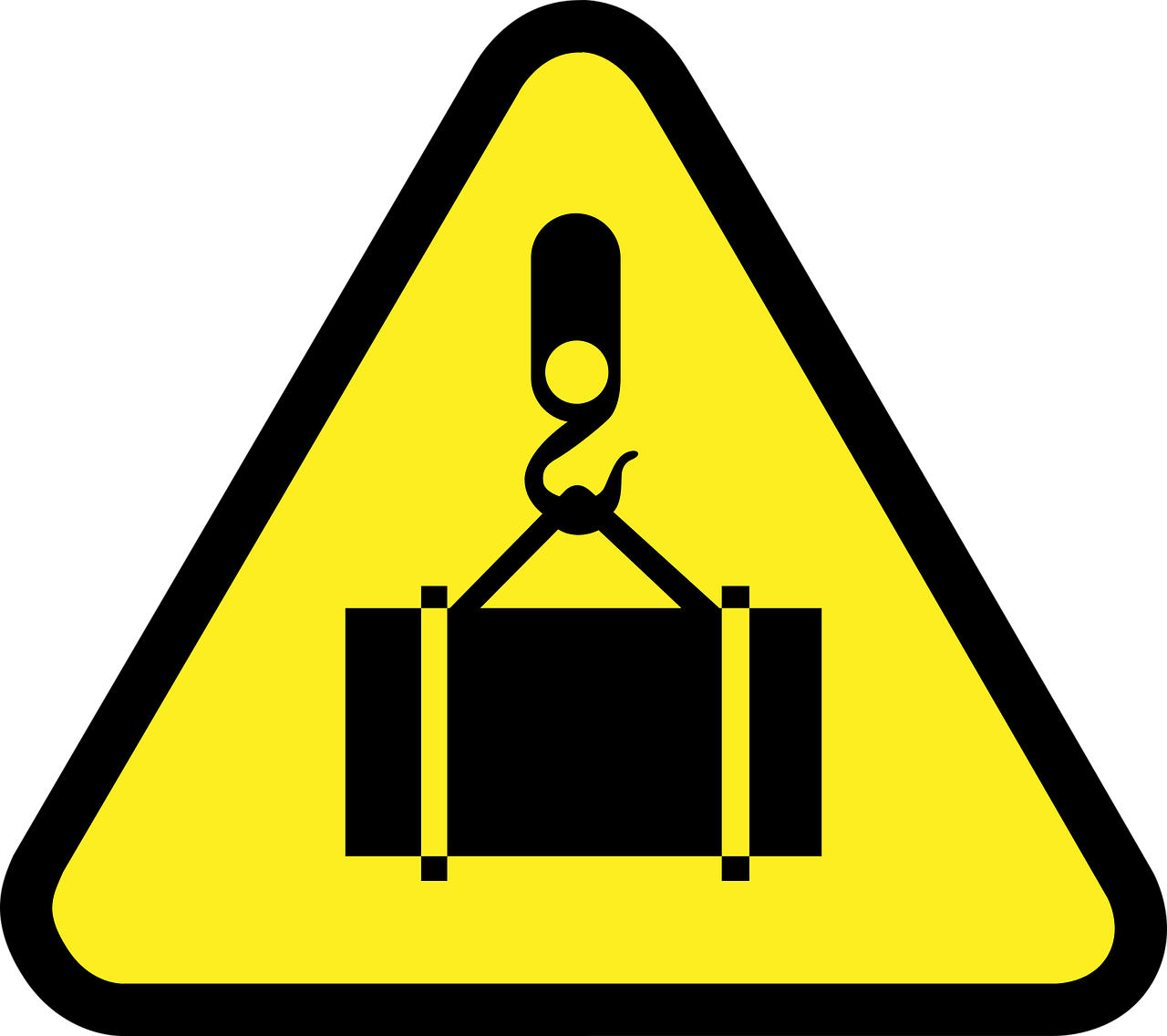 Center for Instructional Technology and Training
Center for Instructional Technology and Training

My least favorite misconception about learning is the—often implicit—belief that, if a test or assignment is difficult to complete, it is a good reflection of how deeply a student understands the knowledge and skills they are supposed to be learning. This assumption seems logical on the face of it: A difficult assignment means the student was challenged, which means the material was challenging and the student needs a better grasp on it to succeed. However, relying on unexamined notions of difficulty ignores the many things that can complicate a student’s ability to demonstrate learning and can mean that assessments don’t accurately measure a student’s progress and abilities because their knowledge is obscured behind difficulties that have no bearing on the course content.
Take an example from my days teaching postsecondary English as a second language. I often taught courses where I specifically needed to assess a student’s ability to identify main ideas and detail information from an audio clip to test their English listening skills. If I gave a listening test where students heard a passage and question and then selected the correct answer from a written list, that could be very difficult to complete within the time limit for a student who reads slowly. This hypothetical student might be very capable at the task I wanted to assess—listening comprehension—but if they couldn’t read the answer choices fast enough, I would never know how skilled they were. This assessment would be difficult for my student, but in a way that is unnecessary and actually obscures what I wanted to evaluate.
Other examples of things that might artificially deflate student performance are confusion about due dates or how to submit work, lack of clarity about the parameters and what the assignment should demonstrate, a complicated syllabus or disorganized eLearning site that makes it unclear what assignments are correlated with each unit, or unfamiliarity with the specific academic genre of the assessment. All of these things place a heavy cognitive load on students and can divert energy and attention away from deep learning.
Unfortunately, the burden of this additional cognitive load will be unfairly felt by students who may already be at a disadvantage. A convoluted eLearning site and haphazard deadlines will be harder to navigate for a student with executive function disorders. Lack of direction about how to complete an assignment, what resources are allowed or forbidden, and how it will be evaluated are all likely to be a bigger barrier to first-generation college students who lack context and confidence about academia. This is why reducing the cognitive load can have a positive impact on how equitable a course is.
Luckily, a little organization and a few minutes to pause and check our assumptions as educators can greatly reduce students’ extraneous cognitive load. Look at your course with fresh eyes. Is there a schedule that is as predictable as possible and clearly highlights deviation from normal due dates? Does the course site have a clear path for moving through information and an obvious task list for each week or unit? Are assignment instructions clear about the purpose, task, and criteria of each assignment? Do potentially unfamiliar tasks have an explanation of where students can find exemplars and what constitutes help versus cheating?
It takes a little additional time to help students set down some of the cognitive load they devote to navigating our courses, but the reward is a fairer learning experience where students can devote their brain power to learning the skills and knowledge they’re here for and showing us what they can do. Instead of being proud of a course students describe as challenging, let’s try to aim for courses where students are shocked at how much they’re learning because they can truly focus on thinking critically about content instead of frantically digging for clues to what we want them to do.
Image by DavidRockDesign from Pixabay
Tags: Accessibility, Assessments, Cognitive Load, Equity